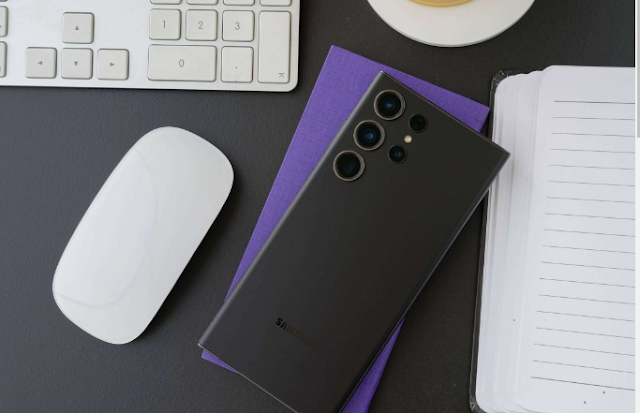Samsung Galaxy S24 Ultra: Exclusive Use of Snapdragon 8 Gen 3 Chipset Revealed
According to a report by Korean outlet The Elec, the Samsung Galaxy S24 Ultra will exclusively use the Snapdragon 8 Gen 3 chipset, even without saying which region it will be sold in.
In contrast, the Galaxy S24 and Galaxy S24+, on the other hand, will use the Exynos 2400 or Snapdragon 8 Gen 3. Units in South Korea and Europe will be Exynos powered, while those in North America will use Snapdragon, as in the past.
It's a strategy that will certainly divide Samsung fans, but perhaps just as much as it might in general, since all previous Galaxy S models were Exynos or Snapdragon, depending on the region.Rumors suggest that Samsung's new 4nanometer LPP+ process is being used for the Exynos 2400, and Samsung has touted this new chip as being about twice as fast as the former Exynos 2200 in CPU performance and about 15 times faster in AI performance.
Meanwhile, the upcoming Snapdragon 8 Gen 3 will use TSMC's latest node, but some reports claim it will have versions of the 3nanometer and 4nanometer process. We'll have to wait until the end of the month to see how it plays out.This new step by Samsung is towards a creative technological dynamic which is trying to provide users with another range of options. It provides a level of support to the users by giving them the option to select different chipsets depending on the specific region. Through this strategy, Samsung can make its users enjoy the latest technological advancement and freedom of performance, as well as increase the sales of its products in different markets.
Compared to the Exynos 2400, the Snapdragon 8 Gen 3 is also expected to be prominent as a higher-capacity chipset. Using TSMC's 3nanometer and 4nanometer process can make this chipset more powerful and energy-efficient, bringing users a faster and unique experience.
There are also other reports about the Snapdragon 8 Gen 3 that could make it suitable for a premium phone, and candidates are looking forward to its launch. Its features and capabilities may be what take it to the next level, but we'll have to wait and see for its specifications to be confirmed.
In summary, despite this new challenging move by Samsung, the professional technical improvement of the Galaxy S series models with different chipsets may play a direct role. Users will get another chance to understand their needs and supplies with various selections, allowing them to select the right device as per their needs. Ultimately, this can help Samsung users have a better and personalized experience, giving them access to a wider selection.
.png)
